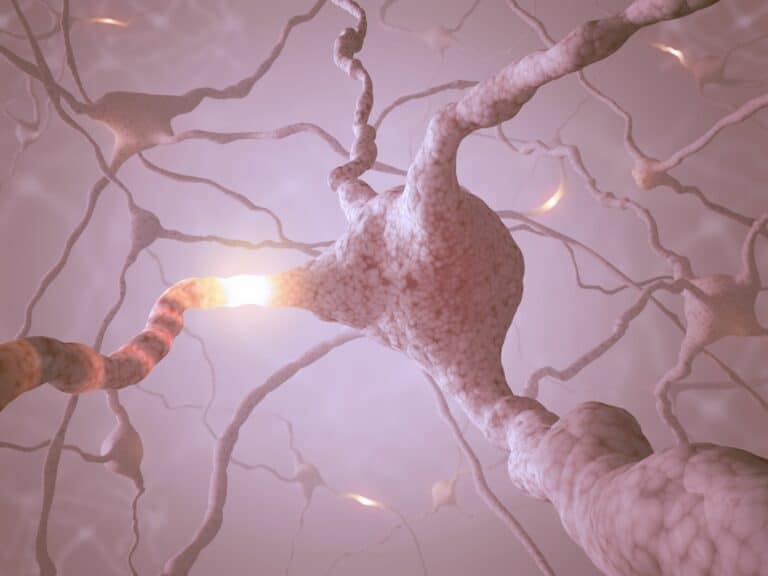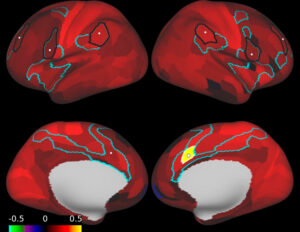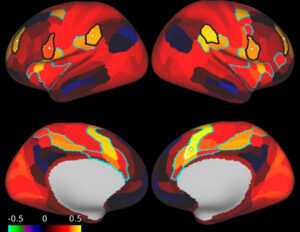
Contact Us

Unwanted thoughts or urges can be annoying and distressing for anybody, but when these nagging worries and fears recur continuously and uncontrollably, they can become all-consuming and cause serious distress and disruption to your life. They may inspire compulsions and rituals that are intended to quiet or placate intrusive thoughts. However, while these rituals may provide temporary relief, they often make the overall situation worse, as the cycle of obsession and compulsion becomes self-reinforcing rather than the two canceling one another out.
For individuals with obsessive-compulsive disorder (OCD), these uncontrollable thought patterns are often stressful and time-consuming, depriving them of the ability to focus, connect with other people, and go normally about their daily lives. It is often difficult to find help for OCD, as symptoms can be difficult or embarrassing to discuss and many traditional therapies will fail to yield positive results. However, there is now significant evidence that this disorder has neurological causes that can be effectively treated using our unique functional guided transcranial magnetic stimulation (TMS). Through brain mapping for TMS, we can specifically target the neural pathways involved in OCD, optimizing treatment outcomes.


It is often difficult to establish the exact causes of OCD but it is likely to result from factors that are genetic, environmental, or a combination of both. Intrusive thoughts may stem from or worsen because of chemical changes in the brain or can be learned from personal experiences. You are more likely to have obsessive-compulsive disorder symptoms if they have affected a close family member, and OCD is more common in women than men. Recent studies based on imaging of the brain have provided strong evidence that OCD is tied to the dysfunctional behavior of certain neural pathways in the brain. When these neural networks are firing incorrectly, it can result in the intrusive thoughts and repetitive behaviors that characterize obsessive-compulsive disorder.

Symptoms will vary from person to person, but often involve obsessions with germs or symmetry, irrational fear of losing control, or extreme fear revolving around doubt or uncertainty. Compulsive habits may manifest as constantly washing and rewashing your hands, checking over and over again whether doors are locked or household appliances like stoves and light switches have been turned off, or having an irrational need to count things or order them in a certain way, often with a fixation on symmetry. People with OCD may be afraid to do things like touch doorknobs or use public restrooms out of fear of infection and may also be seized by dread that something terrible will happen to themselves or loved ones. Obsessive-compulsive disorder is rarely constant in severity throughout life, with symptoms often tending to come on gradually in childhood or adolescent years. OCD symptoms will often become worse during times of stress or difficulty and can also interact with other mental illnesses such as depression or anxiety.

All candidates for guided TMS treatment at Neurotherapeutix are first evaluated by a board-certified psychiatrist who will review your symptoms and discuss the nature of your intrusive thoughts and compulsive behaviors. They will also review your medical history, including past treatments which have been attempted and any external or medical issues which could possibly be exacerbating your OCD symptoms. At Neurotherapeutix, we use functional MRI (fMRI) technology to map the activity of the brain and identify areas which are under or overactive and behaving abnormally. We have knowledge of which areas of the brain are most commonly involved in causing the symptoms of obsessive-compulsive disorder and will focus specifically on these areas to evaluate the severity of the issue and create an effective treatment plan.


Decreased intra-network connectivity in a patient with severe OCD Traditional treatments have included psychotherapy (especially cognitive behavioral therapy [CBT] or exposure therapy) and mindfulness techniques, as well as a range of medications which are typically used as an attempt to increase serotonin levels. While these options may be effective for some, there is growing evidence to support the more targeted approach provided by functional guided TMS for alleviating obsessive-compulsive disorder symptoms.

For people with OCD who have not been able to achieve results from traditional therapy or who have found that medication was either ineffective or caused serious side effects, the options used to be quite limited and rather extreme. Last-resort procedures such as electroconvulsive therapy (ECT) or deep brain stimulation (DBS) have helped relieve symptoms for some people but can also be accompanied by a risk of debilitating side effects. By incorporating resting-state fMRI, we are now able to better map the brain’s functional networks, which can guide more targeted, effective treatments with reduced side effects.
While transcranial magnetic stimulation (TMS) has been in use for over a decade and shown positive results for treatment of OCD, our innovative approach improves further on this methodology. The use of our proprietary fMRI technology allows us to look at the specific parts of the brain which are known to be related to obsessive-compulsive disorder, and then target the misfiring neural pathways, or malfunctioning brain regions, to improve overall brain function.
Over the course of treatment, we are able to adjust our approach based on the brain activity that we can monitor using this advance technique. As you come in for repeated sessions over the course of a few weeks, you will finally begin to find relief from unwanted thoughts and compulsions. Functional MRI guided TMS also has the unique advantage of being a non-invasive treatment which can provide these results without any of the severe side effects associated with deep brain stimulation or electroshock therapy


Call us at (917) 388-3090 or click to request a regular or telehealth appointment.
Neurotherapeutix
171 East 74th Street, Unit 1-1 New York, NY 10021

Neurotherapeutix is the leading clinic for functional imaging guided transcranial magnetic stimulation (TMS), a safe, innovative, and non-invasive methodology for treating a wide range of acute and chronic mental disorders and brain injuries. Our advanced fMRI technology allows us to map the brain for the… Learn More »
By: Neurotherapeutix NYC
Reviewed By: Marta Moreno, Ph.D
Published: March 24, 2023
Last Reviewed: September 27, 2024
QUICK INQUIRY
Contact us to get an estimate for your medical services requirements. You can fill in the form to specify your medical requirements or you can call us directly.